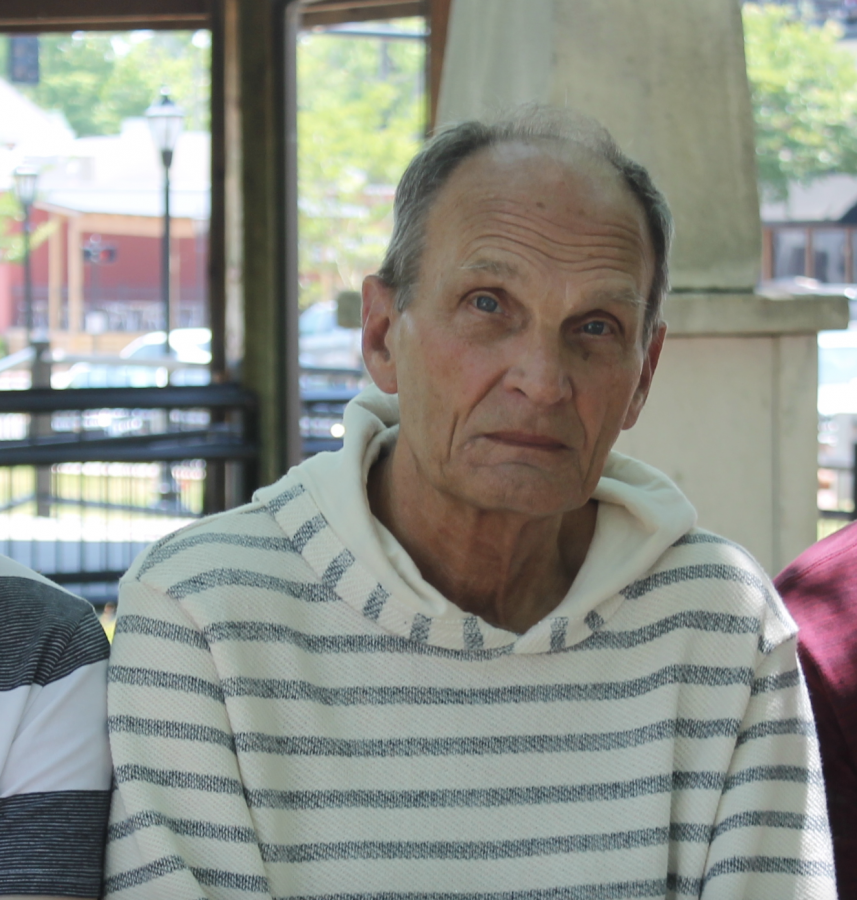Professor Lee Gary, part of Ebola response team, weighs in on coronavirus
February 6, 2020
Lee Gary, adjunct assistant professor for international development studies at Tulane, has extensive experience managing disasters in extreme environments. His most in-depth study dealt with overseeing sanitary operations and Ebola treatment clinics to address the Ebola outbreak in Sierra Leone. Now, Gary focuses his energy on teaching his students about coronavirus, an emerging epidemic.
In Sierra Leone, Gary was responsible for all sanitary operations ranging from training his team in how to avoid contracting Ebola to managing the incineration of objects used in treatment clinics. His given title while working in the field is Colonel WASH, for “Water, Sanitation, Hygiene,” a testament to his expertise in the field of managing sanitary crises in extreme environments. Gary described his high risk work in Sierra Leone as the most outstanding highlight of his career.
“I can tell you from experience when I was working in Sierra Leone, when I came home I was screened very carefully and isolated for a couple of hours in the airport before I was released to go to New Orleans,” Gary said.
Gary is currently teaching a course titled “Threats and Hazards to Sustainable Development,” where he tells students tales of his past experiences with the Ebola outbreak. Gary’s unique experience working to reduce the threats and hazards presented by infectious diseases has provided him with an informed perspective on the ongoing Coronavirus outbreak.
Coronavirus is a disease originating in Wuhan, China, with 28,280 confirmed cases as of Feb. 5. One threat posed by Coronavirus is the 2-14 day incubation period, during which a person may not be aware that they have contracted the disease and can spread it to others.
“In fact, the ordinary person will probably be walking around with the coronavirus and nothing has presented,” Gary said. “No symptoms. The real critical part for the Tulane student is that [they] can pick up the coronavirus because it’s airborne.”
However, only 12 Coronavirus cases have been confirmed in the U.S. 565 overall deaths have been reported with all but two of those occurring in Mainland China. Despite a low death rate, the rapid spread of the disease is cause for concern.
“If you are an individual with a pre-existing condition related to a weakened immune system prior to arrival of the coronavirus, you need to be a little more cautious,” Gary said. “If you’re not recovering from a major infection or recovering from surgery, you’re in pretty good shape. The president has issued orders to CDC that are damn aggressive. The arrival of flights that originated or came through China, the passengers of those flights are being carefully monitored at airports. The Tulane student is not likely to be exposed directly to the coronavirus at this time in New Orleans.”
Regardless of the extremely low chance of contracting the coronavirus at this point, Gary does stress that when students are experiencing flu or pneumonia-like symptoms, they should go immediately to the doctor for a medical evaluation. On Tulane’s campus, where many students have been impacted by the ongoing flu season, Gary says it is critical to get ahead of any symptoms so as to avoid the spread of airborne diseases on campus.
It is likely that the number of Coronavirus cases internationally will continue to increase, but it is important to note that the CDC is taking precautions to prevent the spread of coronavirus within the U.S.
“I think the US is doing the best that they can short of creating fear and fright,” Gary said.










Leave a Comment